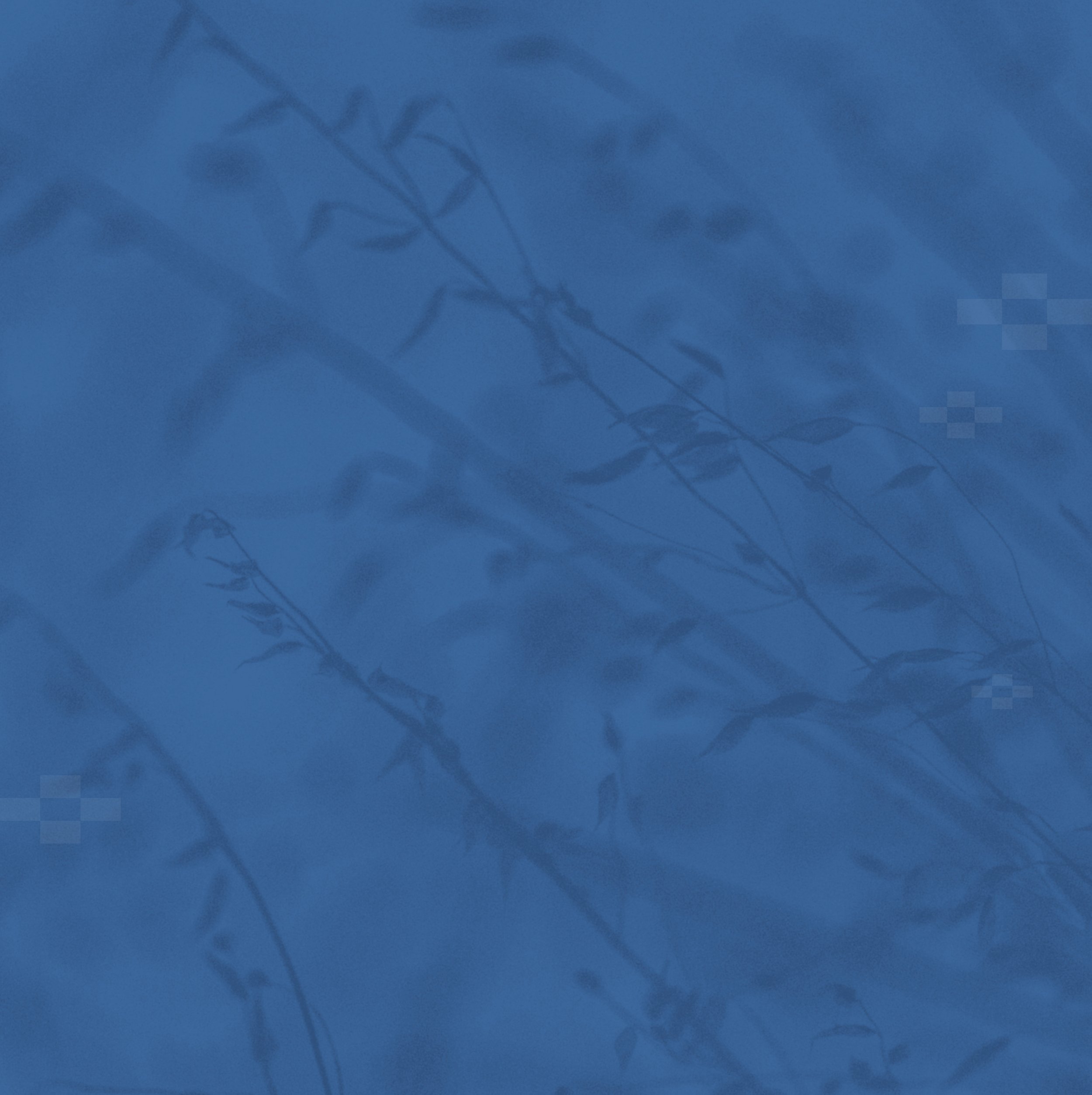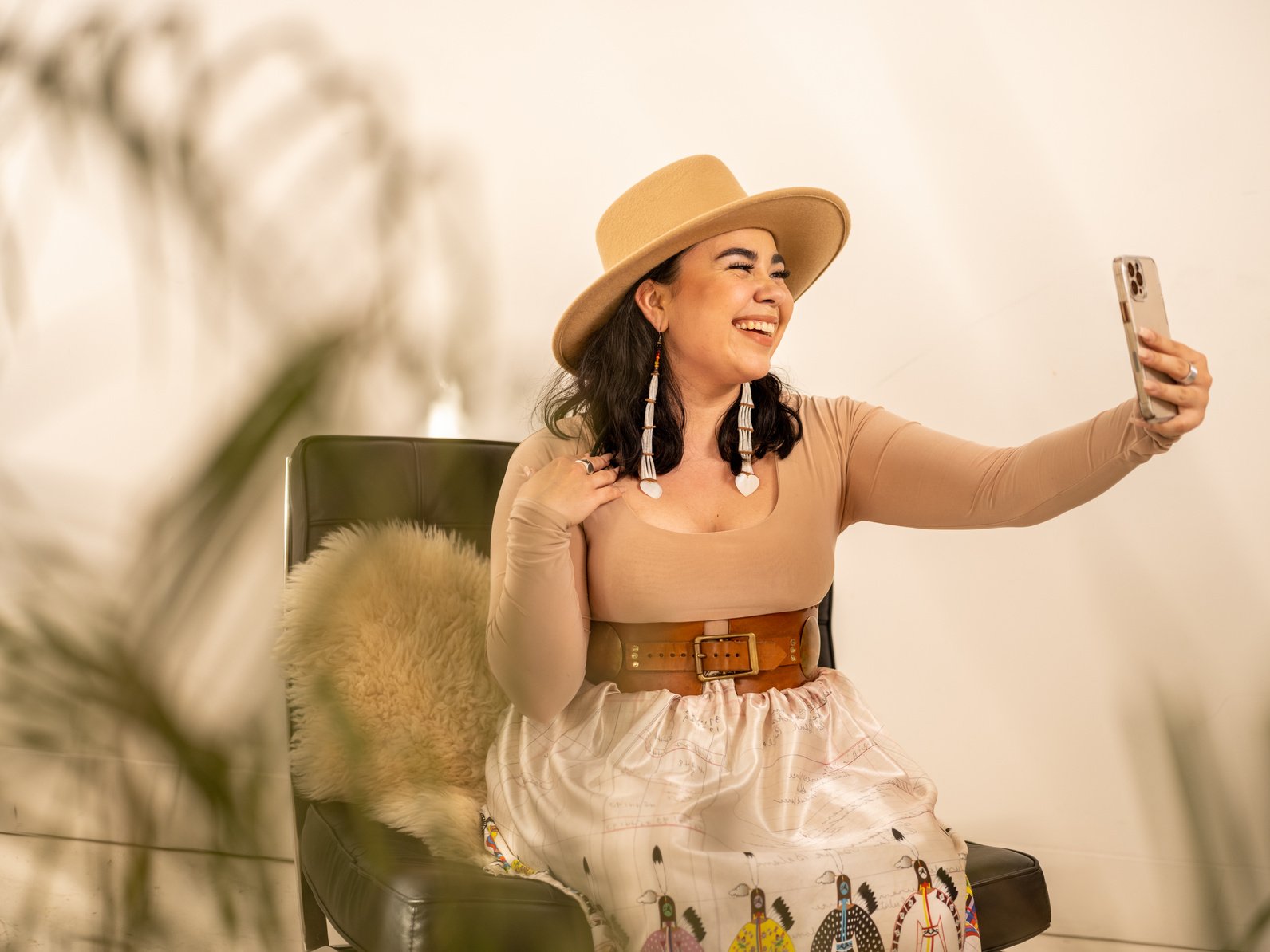
Cultural Competence in Indian Country

Indigenous Cultural Competency Training for Meaningful Partnerships
Strengthening relationships with Native communities starts with understanding. The Tahoma Peak Indigenous Training Suite offers a series of on-demand courses designed to help organizations, government agencies, companies, universities, and conservation groups build trust, engage respectfully, and navigate Indigenous partnerships with cultural awareness and confidence.
Expert-Led, Actionable Learning
Learn at Your Own Pace: Accessible anytime, anywhere

Fundamental Courses
Available as Self-Guided & Virtual Trainings
We recommend organizations start with these introductory trainings to build their knowledge in the space.
Gain essential context for working with Native communities through this accessible, narrative-driven overview of Indigenous history, sovereignty, and resilience in what is now the United States.
A primer on the current realities, structures, and strengths of Indian Country.
Build your organization’s capacity to form authentic, long-term partnerships with Tribal Nations and Native-led organizations through culturally grounded outreach strategies and relational best practices.
Learn how to craft messages and strategies that honor cultural protocols, build trust, and effectively engage Native audiences in a modern media landscape.
We also offer a range of virtual and in-person trainings on topics like food sovereignty, public health, and more—with customized options available to meet your team’s unique needs.
To learn more or request a training, please reach out to us at info@tahomapeak.com.

Available as Virtual Trainings
Depending on your team or organization’s expertise and interest areas, we offer these intensives on specific issue areas.
Intensive Courses
POLICY & PUBLIC LANDS
Federal Indian Law & Policy
Tribes have a trust relationship with the US Federal government, creating a complex political and legal landscape. In this training, we will cover the fundamentals of Tribal sovereignty and policies that impact Native communities.
Implicit Colonialism
This presentation will focus on unpacking implicit colonialism. We will run through examples of implicit colonialism and train the team to identify and unpack them. After this session, the team will be able to identify threads of colonialism in their everyday lives.
INDIGENOUS FOODWAYS
Northwest Native Foods
For generations, salmon, elk, roots, wild greens, and berries have held their rightful place as the center of Coast Salish Food Culture. In this training, we cover the importance of NW Native foods and their nutritional properties and benefits.
Native Food Systems
This session explores the history of Native foods, provides background on Native food systems today and gives a foundational understanding of food and nutrition in Indian Country.
Food Sovereignty & Education Initiatives in Tribal Communities
This training covers the meaning and foundations of Tribal food sovereignty. This includes an overview of Native-led initiatives across Indian Country.

Advanced Courses
Available as Virtual Trainings and In-Person Sessions
These advanced trainings build on our Fundamental Courses (or related experience), offering graduate-level insights into colonialism’s impact on work and relations with Indigenous peoples.
History of Colonization
This presentation will explore what European conquest has looked like, and how to move towards decolonization. The focus of this session is first to recognize and label what you don’t know related to engrained colonialism.
Implicit Colonialism
This presentation will focus on unpacking implicit colonialism. We will run through examples of implicit colonialism and train the team to identify and unpack them. After this session, the team will be able to identify threads of colonialism in their everyday lives.
Decolonizing Your Work Facilitation
This consensus workshop focuses on decolonizing your work, guiding the team through writing exercises to reach agreements. Post-its and visuals will capture the journey and outcomes.














